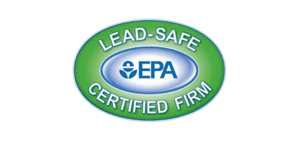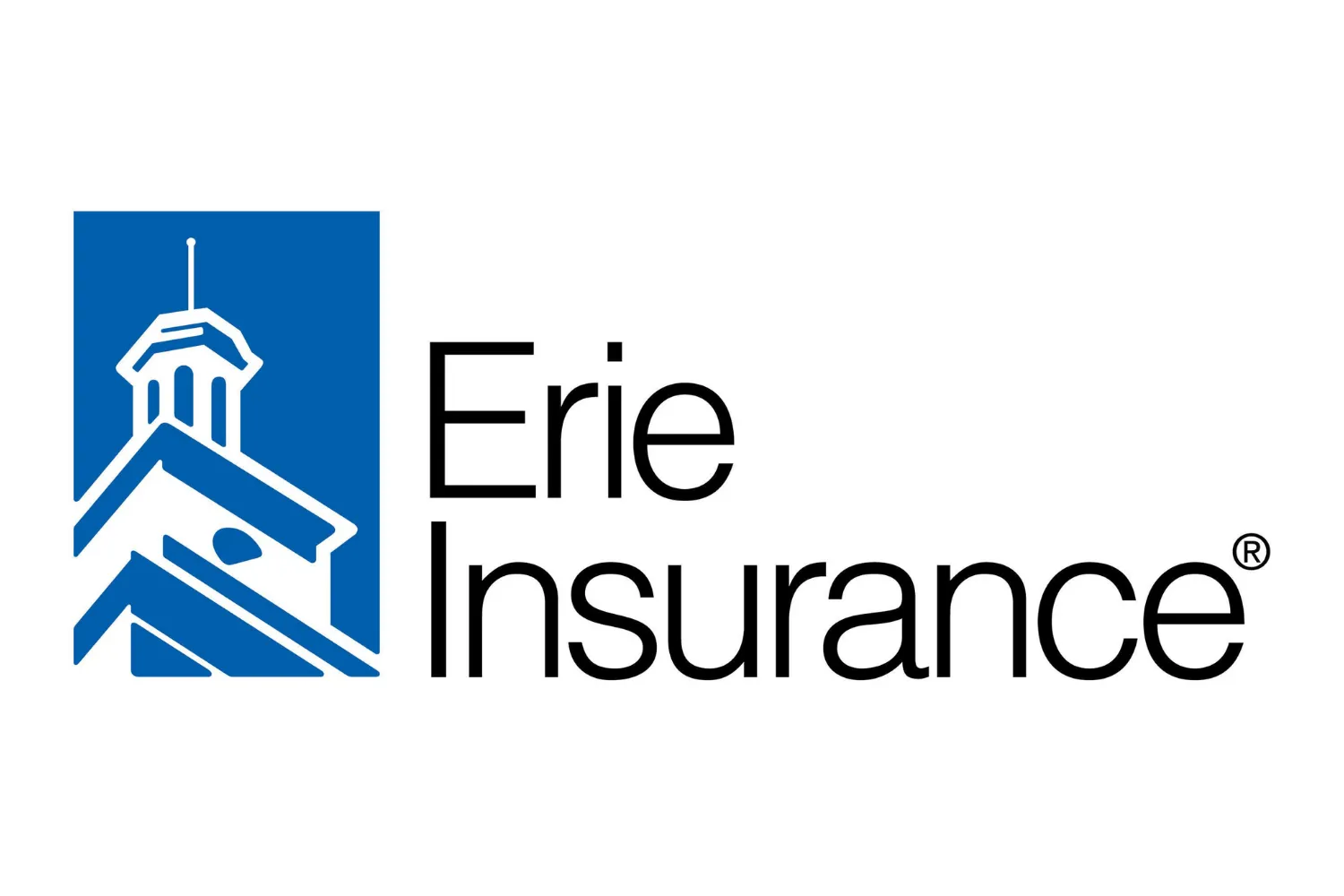Professional Mold Testing Company Near Me




Trusted Mold Testing Company
Testing For Mold In House
Mold testing is a useful tool in protecting the health of you and your family. The common signs that homeowners should be aware of are black mold in walls, ceilings, attics, bathrooms, or kitchen areas. While signs that may raise alarm bells are relatively easy to identify, accurately detecting the presence of mold is often difficult because it can be hard to identify.
Though testing for mold in the house is an excellent preventative measure, there are times when a mold inspection can’t be avoided. If you’ve been told by a medical professional that you are at risk for developing symptoms associated with asthma, sinusitis, and allergies because of mold, you’ll need to contact Excel Fire And Water Damage Restoration Services for mold testing to see if it is the cause of the problem.
Is Mold Testing Required?
There are some situations where mold testing may be required, like if there is an impending inspection for any reason, and the inspector is determining if the home is in compliance with the Health Hazard Environmental Protection Act (or HEPA). If a third party is advising on renovations to the property, mold testing is usually not performed as part of the approval process. In fact, most HEPA regulations specify that mold testing and mold inspection are only required if the homeowner has requested it.
If you suspect that mold may be present or you are unsure about the type of mold growing in your home, we highly recommend testing and inspection. Call Excel Fire And Water Damage Restoration Services at (224) 212-1217 to get a free estimate and learn more.
Our Mold Testing Process
Our mold inspection process ensures that any and all mold on your property is found and tested. This includes a visual inspection of your property and belongings as well as a measure of moisture and temperature in the building. We review each part of your home or business and collect samples throughout our inspection to test at a lab. Here is what we inspect in each area of your building:
Roof Mold Testing
- Inspect the roof surface
- Evaluate the drainage or gutter system
- Test the vents, skylights, and chimneys
Ground & Exterior Testing
- Inspect the siding and trim
- Evaluate doors and windows
- Test the surrounding area and covering materials
Basement & Foundation Inspection
- Inspect the basement, foundation, and any crawlspaces
- Evaluate pipes and water lines
- Test drain, waste, and ventilation pipes
Interior Structure Mold Testing
- Inspect ventilation and insulation in the attic
- Evaluate ceilings, framing, walls, and floors
- Test ventilation fans
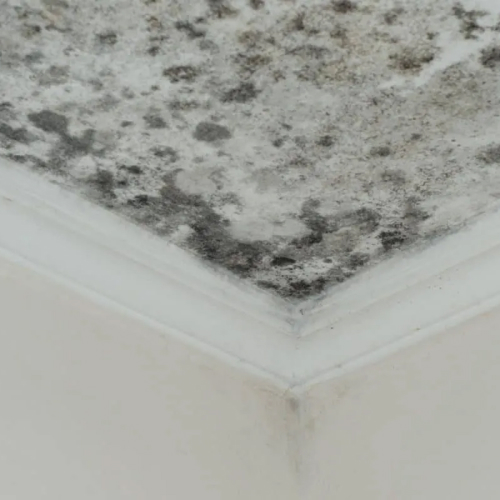
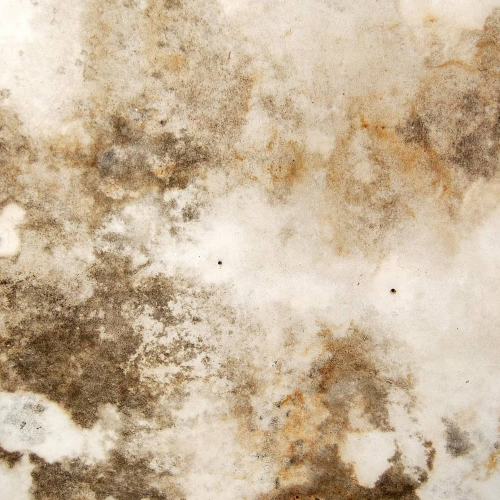
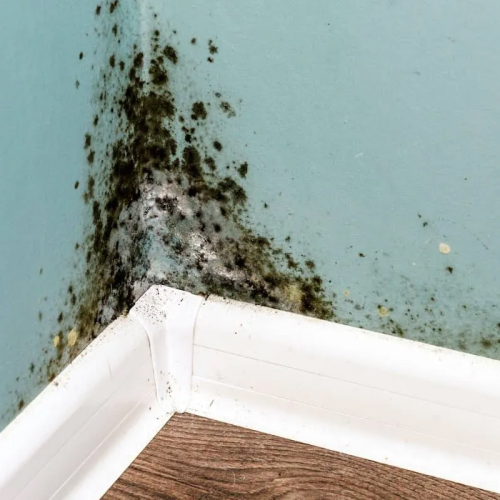
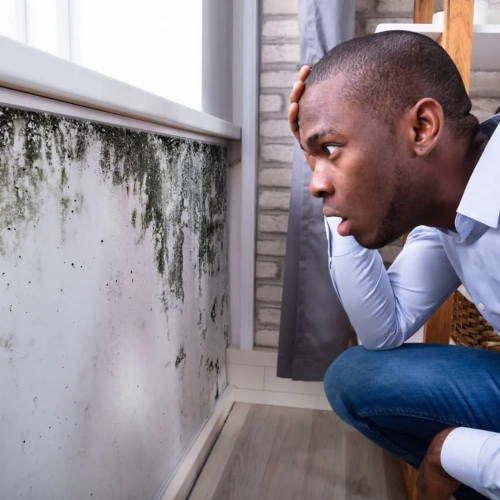
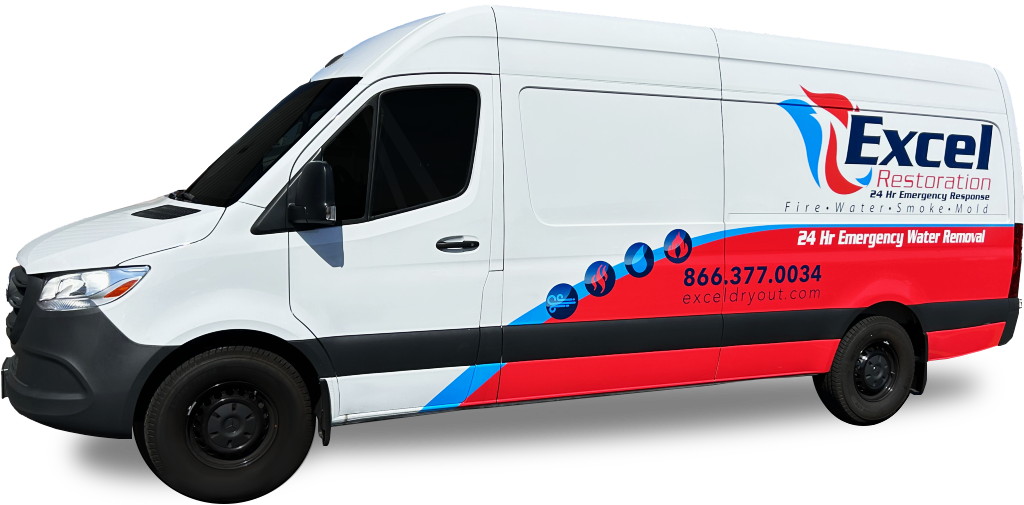
Our Services
Greater Chicago Area
Excel Fire And Water Damage Restoration Services

Mold Remediation FAQs
Our mold remediation process can vary based on the type of damage we are dealing with, but typically this is the guide we follow:
- HEPA vacuuming of all affected surfaces
- Proper removal and anti-microbial wipe down of hard surfaces
- Removal of infected belongings if necessary
- Negative Air Machine (NAM) for air scrubbings
- Properly bagging and disposal of contaminated item
- Antimicrobial treatment
- Biocide application
- HEPA vacuuming again to ensure complete mold removal
- Encapsulation sealant
Mold can grow on all types of surfaces, so it’s important to check these areas in your home:
- Windows
- Carpet
- Wood
- Insulation
- Ceiling tiles
- Painted surfaces
- Wallpaper


